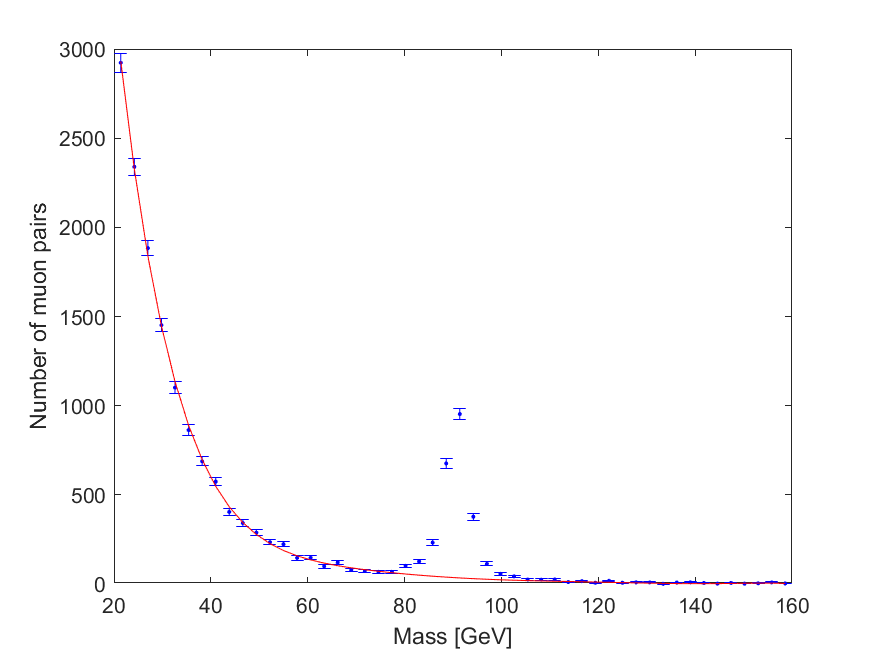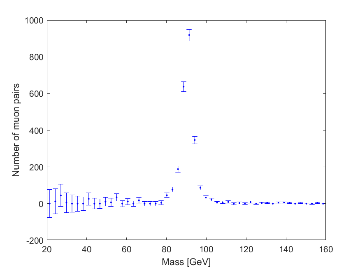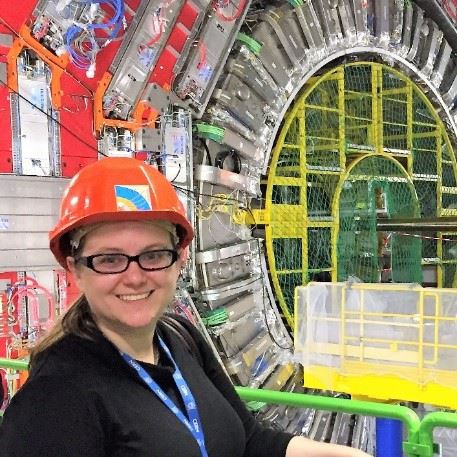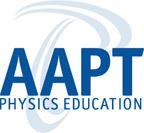- Home
- What We Do
- Laboratory Immersions
- Immersions 2021
- Imm2021Bethel_HEPhysicsDataAnalysis
Bethel University, St Paul, MN (possibly Virtual)
High energy physics data analysis in a BFY lab
Dates: June 9, 2021 to June 11, 2021
Number of setups available: 4
Maximum number of participants: 8
------------------------------------------------------------------------------------------------------------------------------------------
This exercise will bring high energy particle physics into your beyond-first-year lab! Particle physics has opened its doors to the world with the CERN Open Data Portal, which provides both students and researchers with opportunities to engage with real collision data from the Large Hadron Collider (LHC). This exercise provides a university-level upgrade to popular high-school learning experiences available from the portal that builds data analysis skills and reinforces Modern Physics course concepts.

Data from the Compact Muon Solenoid (CMS) experiment will be provided in a format that can be quickly processed by students using either MATLAB or Python. Their task will be to “discover” a heavy particle that decays to two muons by reverse-engineering the properties of the short-lived particle from the observed muons. Students will build proficiency with:
· relativistic kinematics and energy conservation,
· Poisson-distributed data events with multiple features,
· analysis using histograms,
· indistinguishable signal and background events,
· fitting and background subtraction,
· uncertainty propagation,
· array-based programming and plotting!
Day 1: Dive into the background material: learn about the LHC, the CMS detector, and how particle physics datasets are collected and analyzed by physicists.
Day 2: Experience the lab exercise from the student perspective, start to finish.
Day 3: Explore the learning objectives, typical student misconceptions, and instructor tools for the exercise. Develop a version best suited to your lab environment and timescale.
Please bring your laptop and your favorite method of collecting notes. Pending updates to the COVID-19 safety guidelines, we anticipate wearing masks during the Immersion.
This exercise can be implemented for free, assuming student access to computers. Both python and MATLAB platforms will be provided – Python is freely available for all computing systems, and data from the CERN Open Data Portal is free for public access.
Mentors: Julie Hogan
I am fascinated by fundamental particles, high energy phenomena, and the mysteries they can uncover about the universe. I received my M.S. and Ph.D. in physics from Rice University. Since 2015, I am an active member of the Compact Muon Solenoid experiment, situated on the Large Hadron Collider at CERN. My primary interests are searching for new physics in jet-rich topologies with highly-boosted massive particles, digging deep for information with machine learning classifiers, and participating in the detector upgrade program for the upcoming high-luminosity LHC. My research is supported by the National Science Foundation.
Please note that the Jonathan F. Reichert Foundation has established a grant program
to help purchase apparatus used in Laboratory Immersions. Limitations
and exclusions apply, but generally speaking the Foundation may support
up to 40% of the cost of the required equipment.





